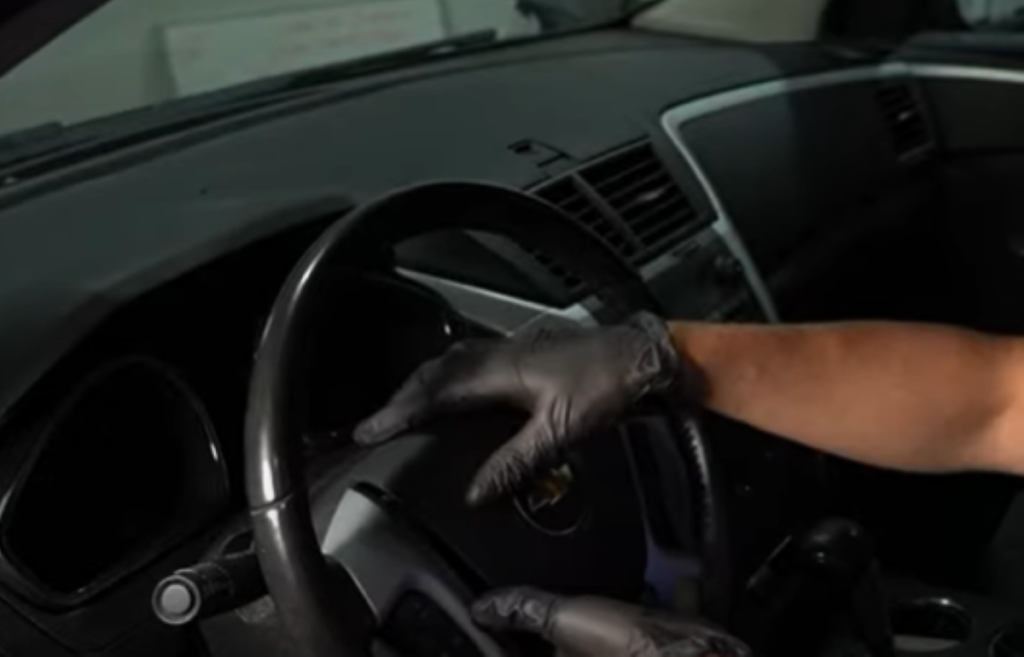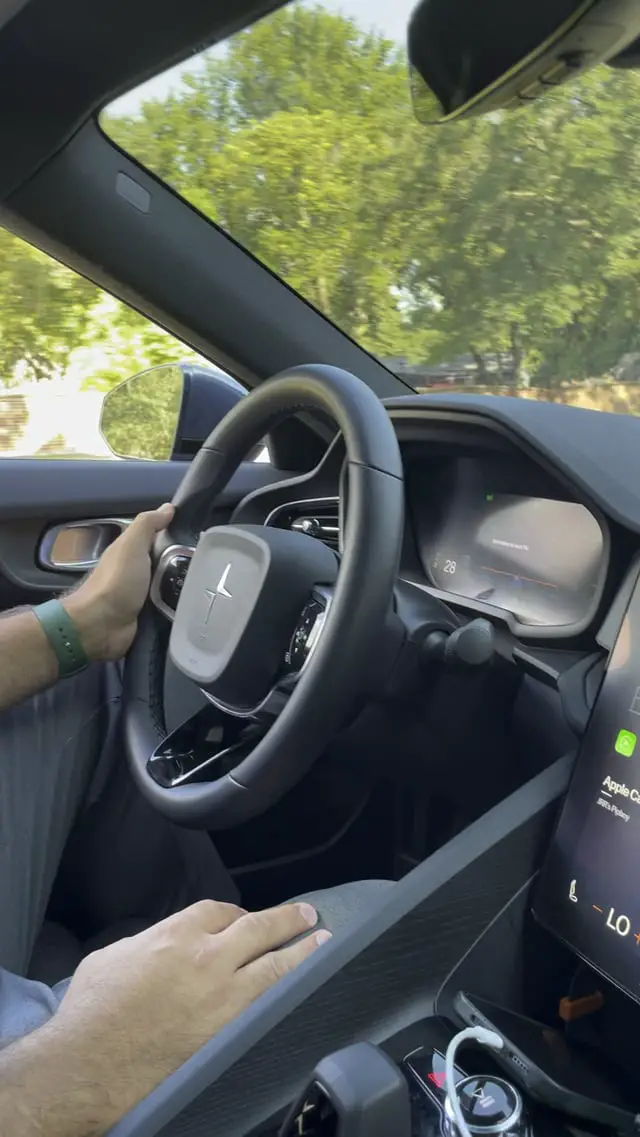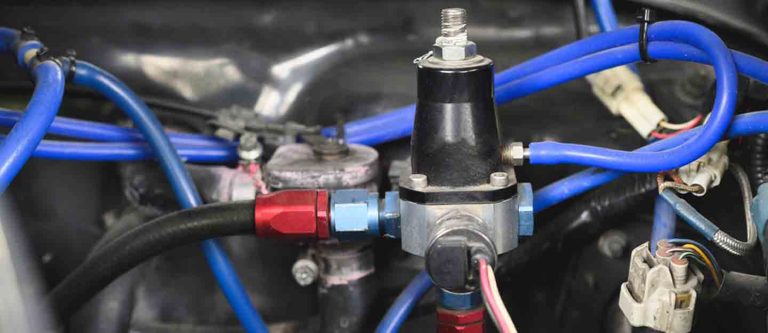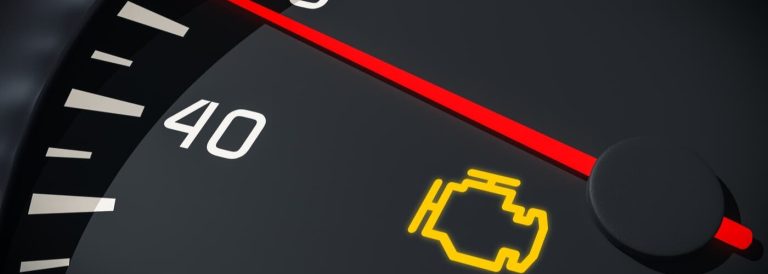Horn Goes Off When Turning Steering Wheel: Quick Fixes!
Introduction
Have you ever turned your car’s steering wheel and the horn went off unexpectedly? This can be very surprising and even embarrassing. In this blog post, we will explore why this happens. We will also discuss what you can do to fix it.
Why Does This Happen?
Your car’s horn and steering wheel are connected. Sometimes, problems occur in this connection. Here are some common reasons why your horn may go off when turning the steering wheel:
- Loose or Damaged Wiring: Wiring issues can cause unexpected horn activation.
- Faulty Horn Switch: The horn switch may be broken or stuck.
- Clock Spring Issues: The clock spring may be damaged or worn out.
Credit: www.quora.com
Loose or Damaged Wiring
One common reason for this issue is loose or damaged wiring. Wires carry signals from the horn button to the horn itself. If these wires are loose or damaged, it can create a short circuit. This short circuit may cause the horn to go off when turning the steering wheel.
Faulty Horn Switch
The horn switch is another possible culprit. This switch is located in the steering wheel. When you press the horn button, the switch completes a circuit. This action allows electrical current to reach the horn. If the switch is faulty, it may complete the circuit even when you do not press the button. This can cause the horn to sound when you turn the wheel.

Credit: blog.1aauto.com
Clock Spring Issues
The clock spring is a coil of wires inside the steering wheel. It allows the wheel to turn while maintaining electrical connections. Over time, the clock spring can wear out or get damaged. A damaged clock spring can cause a short circuit. This short circuit may activate the horn when turning the steering wheel.
How to Fix the Problem
Now that we know the common causes, let’s look at how to fix them. Here are some steps to help you fix the problem:
- Inspect the Wiring: Check the wiring for any damage or loose connections.
- Test the Horn Switch: Press the horn button and see if it sticks or feels loose.
- Check the Clock Spring: Inspect the clock spring for any signs of wear or damage.
Inspect the Wiring
First, inspect the wiring. Look for any visible damage or loose connections. If you find any issues, you may need to repair or replace the wiring. This can be a simple fix but requires some basic knowledge of car electronics.
Test the Horn Switch
Next, test the horn switch. Press the horn button several times. See if it sticks or feels loose. If the switch is faulty, you may need to replace it. This can be done by a professional mechanic or by yourself if you are confident in your skills.
Check the Clock Spring
Finally, check the clock spring. Inspect it for any signs of wear or damage. If the clock spring is damaged, it will need to be replaced. This is a more complex repair and may require professional help.
When to Seek Professional Help
Some repairs are simple and can be done at home. However, others are more complex and require professional help. If you are not confident in your ability to fix the issue, it is best to seek help from a professional mechanic.
Frequently Asked Questions
Why Does My Horn Sound When Turning?
Your horn may sound due to a short circuit or faulty wiring.
How Do I Fix A Horn Issue?
Check the horn relay, wiring, and steering wheel connections for any faults.
Can Steering Wheel Position Affect Horn?
Yes, a misaligned steering wheel can cause the horn to go off unexpectedly.
Is It Safe To Drive With Horn Issues?
No, it’s best to fix the issue to avoid unexpected horn sounds.
Conclusion
In conclusion, there are several reasons why your horn may go off when turning the steering wheel. These include loose or damaged wiring, a faulty horn switch, and clock spring issues. By inspecting and testing these components, you can often identify and fix the problem. If you are not confident in your ability to make the repairs, seek help from a professional mechanic. Thank you for reading our blog post on this topic. We hope you found it helpful and informative.






